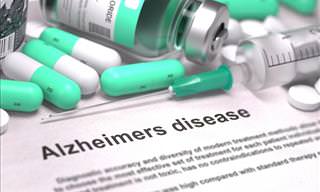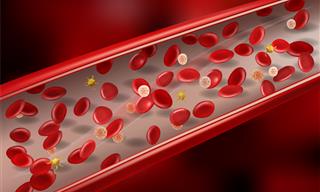As the world population grows older and older, many more people are at risk of getting dementia. According to the latest estimates, around 50 million people across the globe currently have dementia, and this is expected to reach over 130 million people by 2050.
This is why dementia research is so vital. In the latest study, researchers from Inserm — the French National Institute of Health and Medical Research in Paris, France — in collaboration with scientists from University College London (UCL) in the UK have set out to see what effect alcohol consumption from mid-life into old age has on dementia patterns.
Séverine Sabia and her team of researchers studied 9,087 participants aged between 35 and 55 at the start of the study. The researchers assessed the alcohol consumption and potential dependence of the participants regularly, by making use of questionnaires and by looking at alcohol-related hospital admissions.
They also took a look at hospital records for cases of dementia, as well as for any cardiometabolic conditions, such as diabetes or heart disease. The study's average follow-up period was 23 years, and it was found that during this time 397 of the participants developed diabetes.
The results showed that both drinking heavily as well as abstaining from alcohol in midlife increased the risk of dementia when compared to light-to-moderate drinking. However, they also found that alcohol-related hospital admissions increased the risk of dementia by fourfold.

Strangely, the researchers also found that long-term abstinence also correlated with an increased risk of dementia. This is possibly due to a higher incidence of cardiometabolic conditions.
According to the authors of the study, their results "strengthen the evidence that excessive alcohol consumption is a risk factor for dementia." They also claim that their findings also "encourage the use of lower thresholds of alcohol consumption in guidelines to promote cognitive health at older ages," write the authors.

Of course, the team also warns that the results "should not motivate people who do not drink to start drinking given the known detrimental effects of alcohol consumption for mortality, neuropsychiatric disorders, cirrhosis of the liver, and cancer."
In fact, Sevil Yasar, from the Johns Hopkins School of Medicine in Baltimore, MD, states that people should still bear in mind that "alcohol consumption of 1-14 units/week may benefit brain health; however, alcohol choices must take into account all associated risks, including liver disease and cancer."
Source
 Go to BabaMail
Go to BabaMail



























